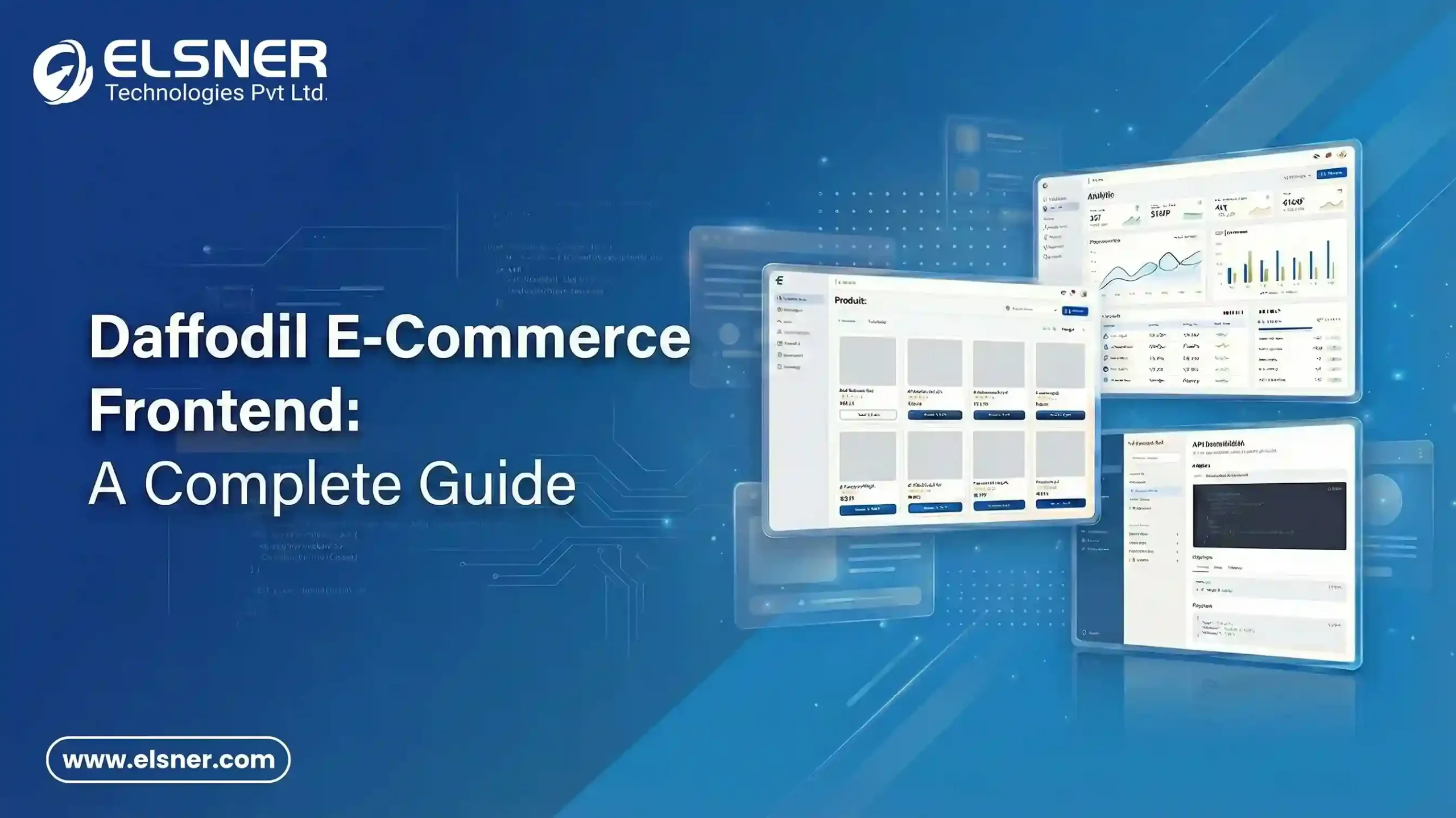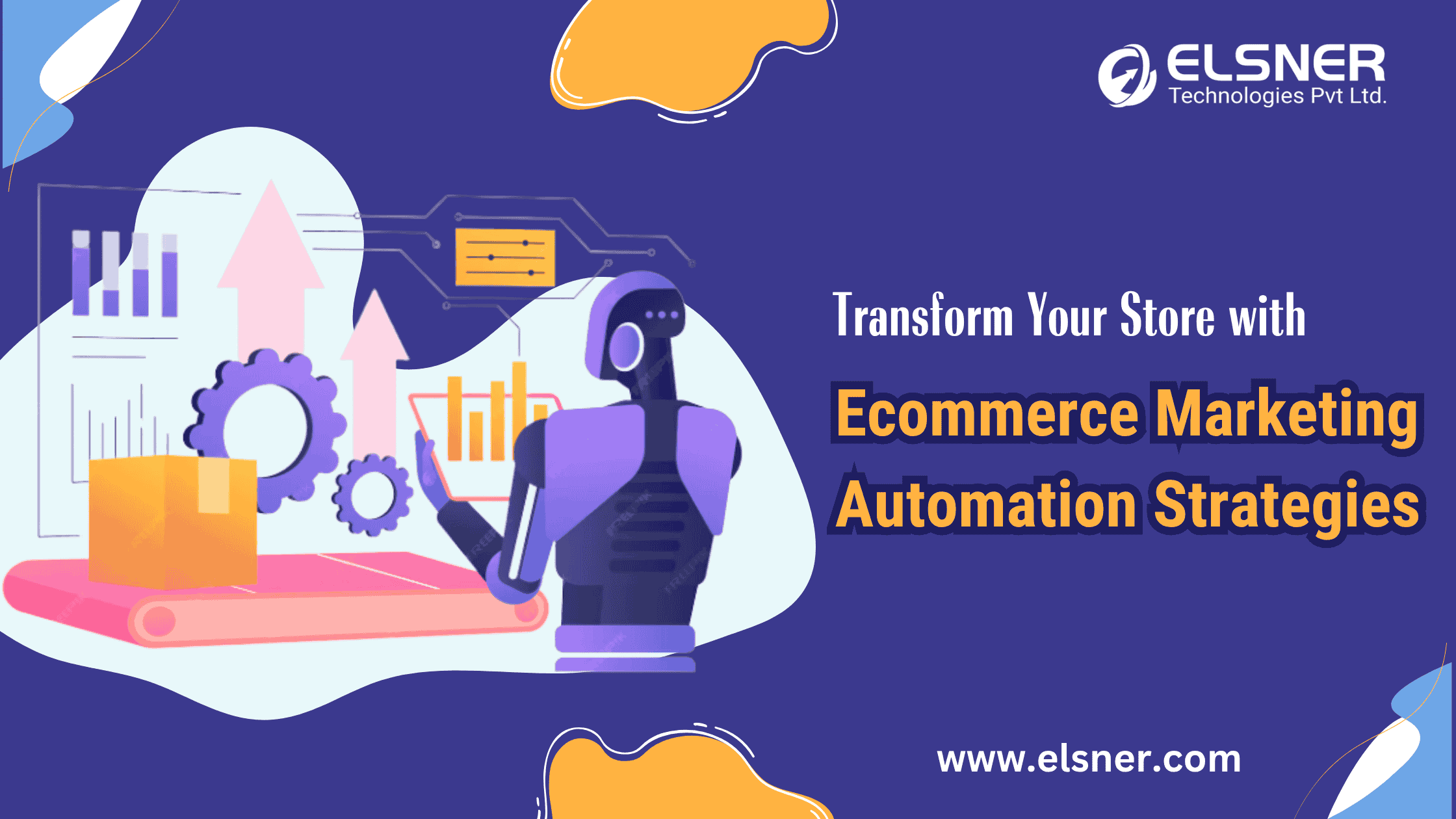Ecommerce has become one of the most used terms these days, everyone wants to become an Ecommerce expert plus everyone has something or the other to say about Ecommerce. This process of following random and jumbled ideas and applying everything for your Ecommerce business can prove to be a big mistake!
CRM has helped Ecommerce businesses big time in managing their customer relationships and it plays a very crucial part in the development process of an Ecommerce business.
CRM allows businesses to centralize customer data, give personalized experiences, and manage efficient communications between all channels. However, just having a strong CRM cannot help you make your business win in all aspects. Businesses keep failing even after having the best CRM. Let us look at the mistakes being made by Ecommerce businesses in this aspect.
Customer Relationship Management (CRM) systems are essential for managing a company’s interactions with current and potential customers. In the Ecommerce industry, where competition is fierce and customer expectations are high, an effective CRM system can be the difference between success and failure. However, many Ecommerce businesses make significant mistakes when implementing and using CRM systems. In this blog, we will explore these common mistakes and provide insights on how to avoid them.
What Mistakes Do Ecommerce Businesses Make With CRM?
1. Choosing the Wrong CRM System
Not Understanding Business Needs
One of the most critical mistakes is selecting a CRM system without a thorough understanding of the business’s specific needs. Ecommerce businesses often rush into choosing a CRM based on popularity or recommendations without considering whether it fits their unique requirements. For example, a business focused on B2B sales might need different features compared to a B2C retailer. It’s essential to conduct a detailed needs assessment to identify the must-have features and functionalities that align with your business processes.
Overcomplicating with Too Many Features
While it might be tempting to choose a CRM system loaded with features, this can often lead to more harm than good. Overcomplicating the CRM with unnecessary features can overwhelm users, leading to underutilization of the system. Instead, focus on the core features that are essential for your business operations. As your business grows, you can always add more functionalities as needed.
Ignoring Scalability
Many Ecommerce businesses fail to consider the future growth of their operations when choosing a CRM system. A CRM that suits your current needs might not be able to handle increased customer data, higher transaction volumes, or expanded sales processes in the future. Selecting a scalable CRM system that can grow with your business will save you from the hassle and cost of migrating to a new system later on.
2. Poor Data Management
Inaccurate Data Entry
Accurate data is the backbone of any CRM system. However, many Ecommerce businesses suffer from poor data entry practices, leading to inaccurate and outdated information. This can result in ineffective marketing campaigns, poor customer service, and missed sales opportunities. It’s crucial to establish strict data entry protocols and provide training to ensure that all customer data is entered correctly and consistently.
Lack of Data Integration
Ecommerce businesses often use multiple systems for various functions, such as order management, inventory, and customer support. Failing to integrate these systems with your CRM can lead to data silos, where important customer information is scattered across different platforms. Integrating your CRM with other systems ensures a unified view of the customer, enabling better decision-making and more personalized customer interactions.
Not Cleaning Data Regularly
Over time, customer data can become outdated or duplicated, leading to cluttered and inaccurate records. Regular data cleaning is essential to maintain the integrity of your CRM system. Implementing automated data cleaning tools can help identify and merge duplicate records, update outdated information, and remove irrelevant data, ensuring that your CRM remains a reliable source of customer insights.
3. Neglecting User Training and Adoption
Insufficient Training
A common mistake is to overlook the importance of training employees on how to use the CRM system effectively. Without proper training, employees may not fully utilize the CRM’s features, leading to suboptimal performance. Investing in comprehensive training programs and ongoing support can help ensure that all users are comfortable and proficient with the system, maximizing its potential.
Resistance to Change
Change can be challenging, especially when introducing new technology. Employees may resist adopting a new CRM system due to familiarity with old processes or fear of the unknown. To overcome this resistance, involve employees in the selection and implementation process, and clearly communicate the benefits of the new system. Providing continuous support and addressing concerns promptly can also help ease the transition.
4. Focusing Solely on Sales
Ignoring Customer Service
While a CRM system is a powerful tool for managing sales, focusing solely on sales processes and neglecting customer service is a critical mistake. An effective CRM strategy should encompass the entire customer journey, including post-sales support. Integrating customer service features into your CRM can help track customer inquiries, manage support tickets, and ensure timely resolution of issues, leading to higher customer satisfaction and loyalty.
Overlooking Marketing Automation
Marketing automation is another key aspect of a comprehensive CRM strategy. Automating marketing tasks such as email campaigns, social media posting, and lead nurturing can significantly enhance efficiency and effectiveness. Many CRM systems offer built-in marketing automation features or integrations with third-party tools. Leveraging these capabilities can help drive engagement and conversions, complementing your sales efforts.
5. Failing to Leverage CRM Analytics
Not Utilizing CRM Data
CRM systems generate a wealth of data that can provide valuable insights into customer behavior, sales trends, and marketing effectiveness. However, many Ecommerce businesses fail to leverage this data to its full potential. Regularly analyzing CRM data can help identify patterns, uncover opportunities for improvement, and inform strategic decisions. Make sure to use the reporting and analytics features of your CRM system to gain actionable insights.
Ignoring Customer Feedback
Customer feedback is a goldmine of information that can help improve your products, services, and overall customer experience. Many Ecommerce businesses collect feedback but fail to integrate it into their CRM system. By capturing and analyzing customer feedback within your CRM, you can gain a deeper understanding of customer needs and preferences, allowing you to make data-driven improvements.
Wrapping up
Avoiding these common CRM mistakes can significantly enhance the effectiveness of your CRM strategy and contribute to the success of your Ecommerce business. By choosing the right CRM system, managing data effectively, ensuring user adoption, focusing on the entire customer journey, and leveraging CRM analytics, you can build stronger relationships with your customers, drive sales, and achieve sustainable growth. Investing time and resources into getting your CRM strategy right is a crucial step towards staying competitive in the ever-evolving Ecommerce landscape.

About Author
Dipak Patil - Delivery Head & Partner Manager
Dipak is known for his ability to seamlessly manage and deliver top-notch projects. With a strong emphasis on quality and customer satisfaction, he has built a reputation for fostering strong client relationships. His leadership and dedication have been instrumental in guiding teams towards success, ensuring timely and effective delivery of services.





